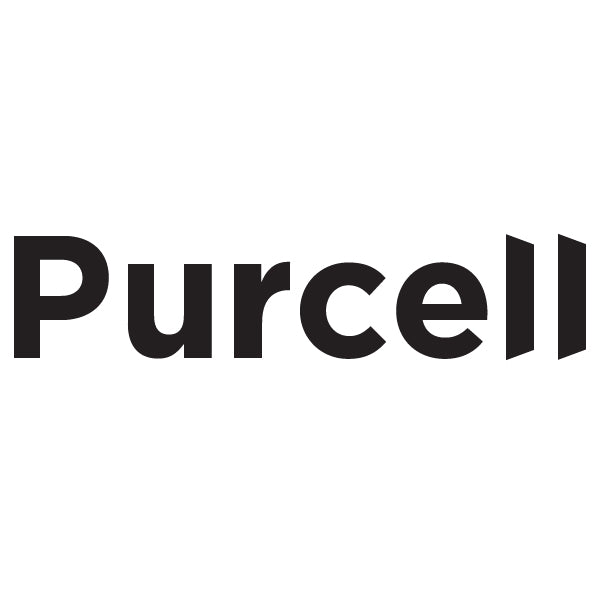As the world grapples with environmental challenges, a significant shift in consumer behavior and global policy is steering the retail industry towards a more sustainable future. One of the most promising developments in this regard is the growing adoption of refill systems and bulk dispensers. These innovations are not just a trend; they are quickly becoming essential components of the retail landscape. In this blog post, we will explore why refill systems are the future of retail, focusing on their alignment with consumer demand for sustainable packaging and the global policy shift towards eliminating plastic packaging.
- Rising Consumer Awareness and Demand
The first and perhaps most significant driver of the shift towards refill systems is consumer awareness. In recent years, there has been a notable increase in consumer consciousness about the environmental impact of packaging, particularly single-use plastics. A growing segment of the market now actively seeks out products and brands that align with their environmental values. This shift is not just a niche trend among eco-conscious consumers but is becoming mainstream, as evidenced by the increasing demand for sustainable packaging solutions across various demographic segments.
- Global Policy Shift Against Single-Use Plastics
Another critical factor influencing the rise of refill systems is the global policy shift against single-use plastics. Governments worldwide are implementing policies to reduce plastic waste, which includes banning single-use plastic items, imposing restrictions on plastic packaging, and incentivizing sustainable practices. These policies are not just limited to a few countries but are part of a global movement towards more environmentally responsible consumption and production.
- Refill Systems as a Sustainable Alternative
Refill systems and bulk dispensers present a viable and sustainable alternative to traditional packaging methods. By allowing consumers to refill their own containers, these systems significantly reduce the need for single-use packaging. This not only helps in cutting down plastic waste but also reduces the carbon footprint associated with the production and transportation of traditional packaged goods.
- Economic Benefits for Retailers and Consumers
Aside from environmental benefits, refill systems offer economic advantages. For retailers, these systems can lead to cost savings in terms of packaging and waste management. For consumers, refill systems often translate to lower product costs, as they are not paying for the packaging. This economic incentive further boosts the appeal of refill systems.
- Challenges and Future Prospects
While the future of refill systems in retail looks promising, there are challenges to be addressed. These include developing standardized systems that are easy to use and maintain, educating consumers about the benefits and use of refill systems, and overcoming initial resistance to change. However, as technology advances and more businesses adopt these systems, these challenges are likely to diminish.
- Embracing a Sustainable Future
The movement towards refill systems and bulk dispensers in retail is more than just a trend – it's a necessary evolution in response to consumer demand and global environmental policies. As we move forward, we can expect to see these systems become more prevalent, offering a win-win solution for both the planet and the economy. It's clear that refill systems are not just the future of retail; they are the future of sustainable consumption.

